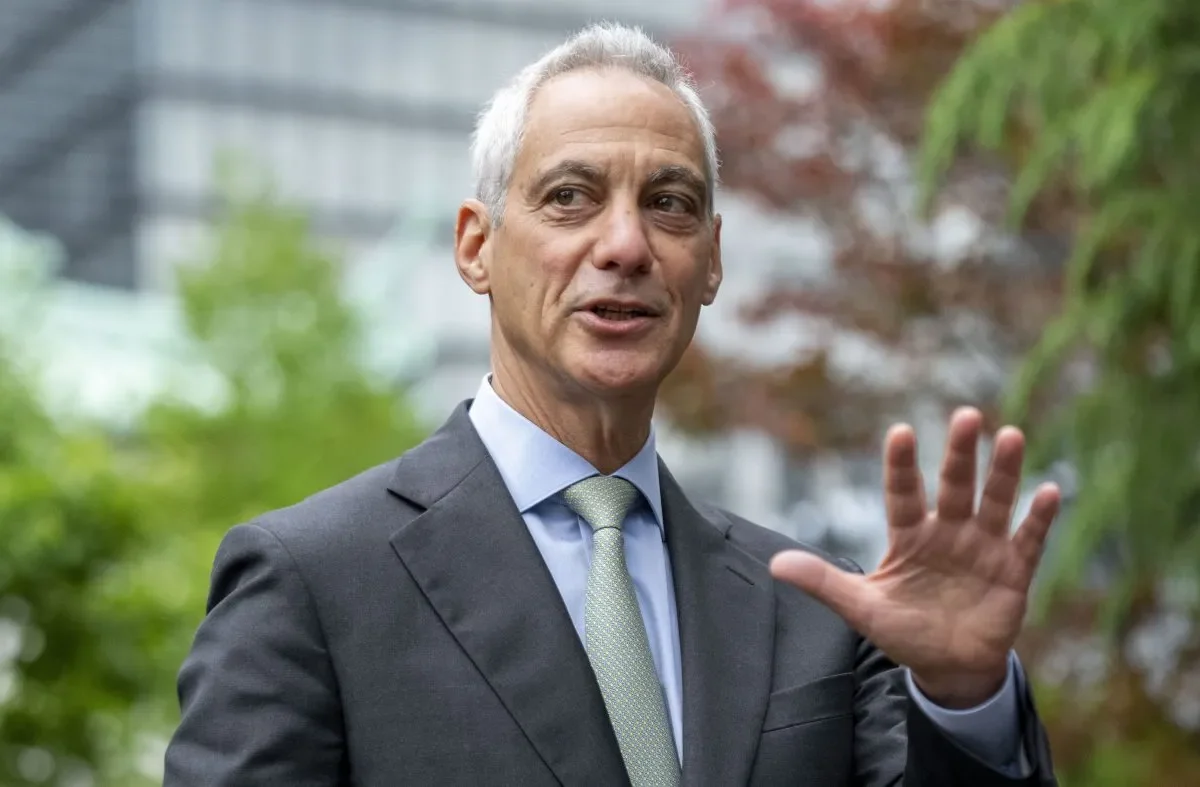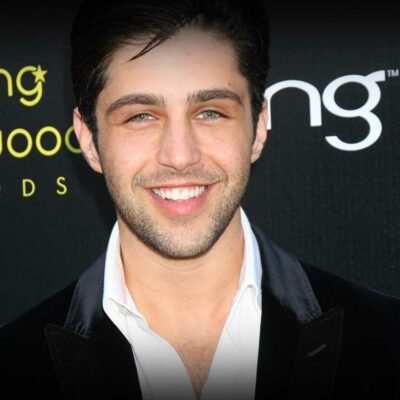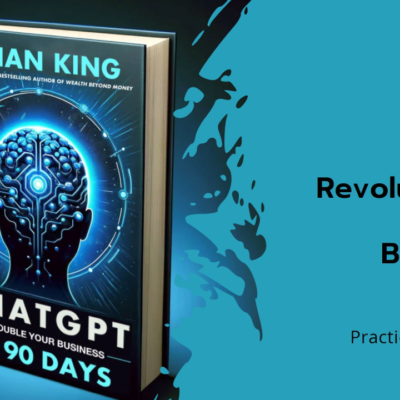Rahm Emanuel is one of the most recognizable figures in modern American politics. From advising presidents in Washington to running the city of Chicago, and now serving as the U.S. Ambassador to Japan, Emanuel has left a strong mark on both domestic and international politics.
Known for his sharp mind, fast pace, and no-nonsense style, Rahm Emanuel has built a career out of getting things done—even when the politics get rough. His journey through politics is full of big wins, tough decisions, and a global influence that continues today.
Early Days in Washington
Rahm Emanuel’s political path started behind the scenes. After earning degrees from Sarah Lawrence College and Northwestern University, he got involved in national politics as a fundraiser and strategist. His big break came when he worked for Bill Clinton’s 1992 presidential campaign.
Following Clinton’s victory, Emanuel joined the White House as a senior adviser. He quickly built a reputation for being bold and energetic. During his time there, he helped push through major legislation, including the North American Free Trade Agreement (NAFTA) and welfare reform.
His aggressive, high-speed style earned him both admiration and criticism. But one thing was clear—Rahm Emanuel knew how to get results.
From Congress to Obama’s Chief of Staff
In 2002, Rahm Emanuel was elected to the U.S. House of Representatives from Illinois. He served until 2009 and became known as a strong Democratic leader. He played a key role in helping Democrats take back the House in the 2006 midterms.
After Barack Obama won the presidency in 2008, he chose Emanuel as his first White House Chief of Staff. In that role, Emanuel helped guide Obama’s early agenda, including the response to the 2008 financial crisis and the push for the Affordable Care Act.
Though his time as Chief of Staff was short—just under two years—it was packed with major accomplishments. Emanuel stepped down in 2010 to run for mayor of Chicago, his hometown.
Leading the City of Chicago
Rahm Emanuel served as Mayor of Chicago from 2011 to 2019. During his two terms, he focused on education, infrastructure, and improving the city’s finances. He brought new companies and jobs to Chicago, helped expand transit projects, and supported major school reforms.
But his time as mayor wasn’t without controversy. One of the most serious issues came in 2015 with the police shooting of Laquan McDonald. The delayed release of the video sparked protests and led to questions about transparency and trust in his administration. It was a turning point in his political career.
In 2018, Emanuel announced he would not seek a third term, saying it was time for new leadership. His decision marked the end of a chapter—but not the end of his political influence.
A New Role on the Global Stage
In 2021, President Joe Biden nominated Rahm Emanuel to be the U.S. Ambassador to Japan. After confirmation, he took on the post and began strengthening America’s ties with one of its most important allies in Asia.
As ambassador, Emanuel has focused on security cooperation, trade relations, and cultural exchange. He’s been outspoken about China’s growing influence and has worked closely with Japanese officials to promote peace and economic stability in the region.
Emanuel’s strong communication skills and deep political experience have made him a powerful voice in global diplomacy. He represents not just the U.S. government but also a certain style of American leadership—direct, strategic, and always looking for action.
What Sets Rahm Emanuel Apart
Rahm Emanuel is not a typical politician. He’s known for being:
- Blunt: He doesn’t sugarcoat his words, which has earned him both fans and critics.
- Fast-Paced: He moves quickly and expects the same from others.
- Strategic: Behind every decision is a careful plan—he’s always thinking two steps ahead.
- Results-Oriented: Emanuel cares more about what gets done than how it sounds in the media.
That mix has helped him succeed in many roles, from campaign strategist to city mayor to diplomat.
His Impact on Politics

Over the years, Rahm Emanuel has helped shape major parts of Democratic policy and messaging. His work in Congress and the White House helped push the party toward a more pragmatic, center-left approach focused on results.
In Chicago, he pushed for better public transportation, longer school days, and new business investment. In Japan, he’s helped keep U.S. foreign policy strong in Asia, especially amid rising global tensions.
Even when not in office, Emanuel is often quoted or interviewed on major political issues. He still holds influence as a commentator and strategist, and his advice is sought by politicians and leaders alike.
Criticism and Controversy
Emanuel’s style isn’t for everyone. Some say he can be too aggressive or too focused on winning political fights. The Laquan McDonald case, in particular, damaged his standing with many in Chicago and beyond.
He’s also faced criticism from progressive Democrats who feel his policies are too centrist or corporate-friendly. Still, many others see him as a skilled dealmaker who knows how to balance ideals with reality.
Emanuel has responded to criticism by staying focused on his work. He rarely backs down from a challenge and believes in taking responsibility—even for unpopular decisions.
What’s Next for Rahm Emanuel?

Rahm Emanuel is still active and influential in his role as U.S. Ambassador to Japan. As international issues grow more complex, especially in the Asia-Pacific region, his leadership will continue to matter.
Beyond diplomacy, many wonder if he’ll return to a domestic political role. Could he serve in another administration? Write a book? Return to political strategy? With Emanuel, anything’s possible.
Final Thoughts
Rahm Emanuel is a political force who’s never been afraid of hard work or tough choices. From his early days in Washington to running a major U.S. city and now representing the country abroad, he’s proven time and again that he thrives under pressure.
His journey shows what’s possible when you combine intelligence, determination, and the willingness to lead—whether the spotlight is kind or not. As long as politics is moving, chances are Rahm Emanuel will be somewhere close to the action.
Also read – Jen Psaki Breaks Down Politics with Clarity and Confidence






